DEMOCRATIC REPUBLIC OF CONGO
Empowering Women for Climate
As a child, Osprey Orielle Lake spent countless hours among the enchanting redwood trees around the coastal town of Mendocino, Northern California. This idyllic setting, home to the Pomo people, further enriched her with an appreciation for cultural diversity. However, amidst this beauty, her family situation was tumultuous, and she was haunted by a longing to connect with the Earth in a way that no one seemed to be talking about. In time, Osprey realized that, throughout her formative years, nature, in its quiet, steady way, had given her a precious gift—a sense of belonging and love.
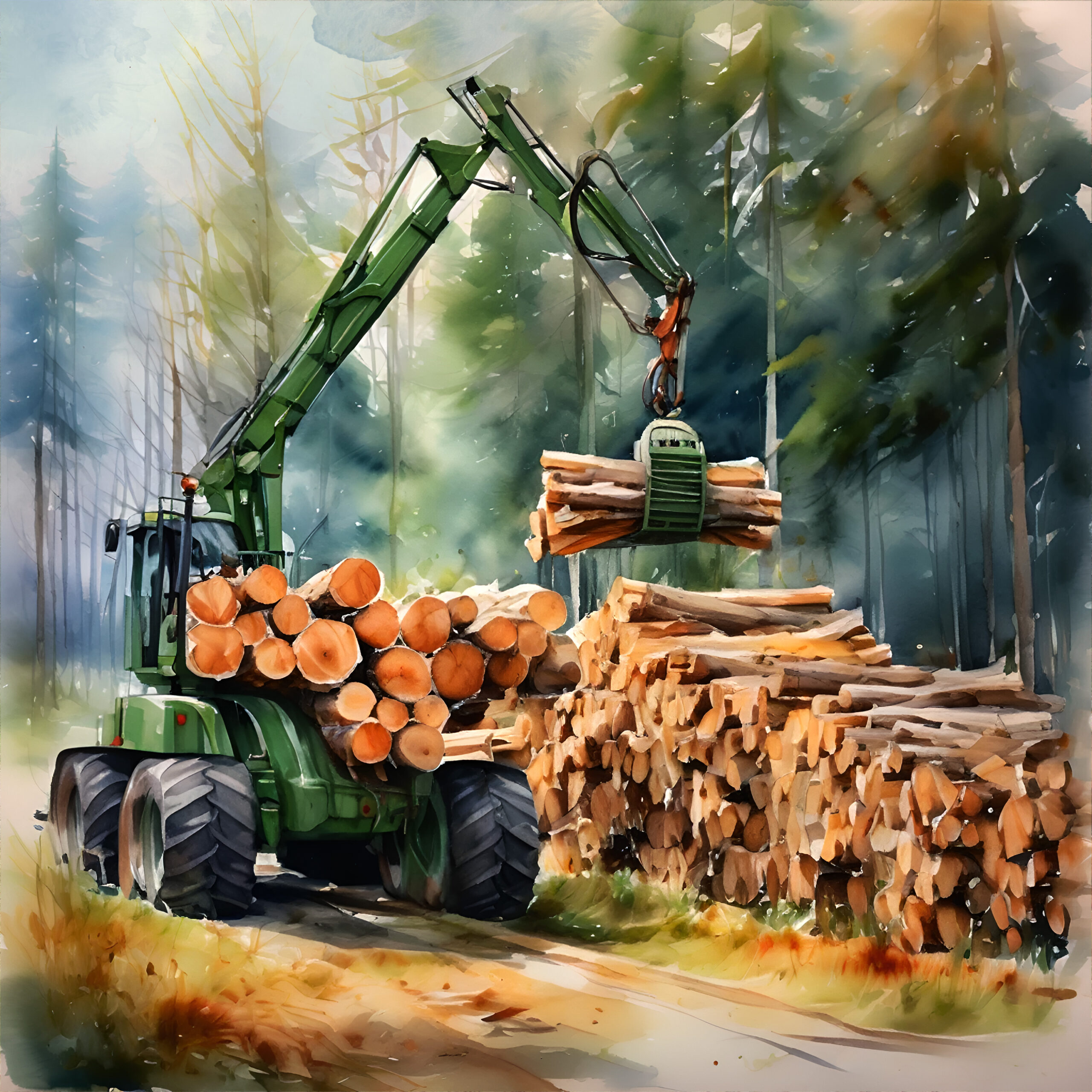
When she discovered that massive logging operations threatened what had been her refuge, she threw herself into a campaign to stop the destruction. This marked her introduction to a life-long commitment to land protection. Osprey was just a teenager.
Following the 2009 UN Climate Summit, where governments fell short of transformative commitments to climate action, Osprey returned to her sanctuary, the redwoods. She sensed an unsettling atmosphere—as if Earth itself was crying out for help. She turned to research and discovered remarkable solutions from women and indigenous communities. But within patriarchal and colonial social constructs, their work would remain unseen and undervalued. Osprey’s path became clear.
She united 100 women leaders from across the globe in the International Women’s Earth and Climate Summit, which led to the birth of the Women’s Earth and Climate Action Network (WECAN).
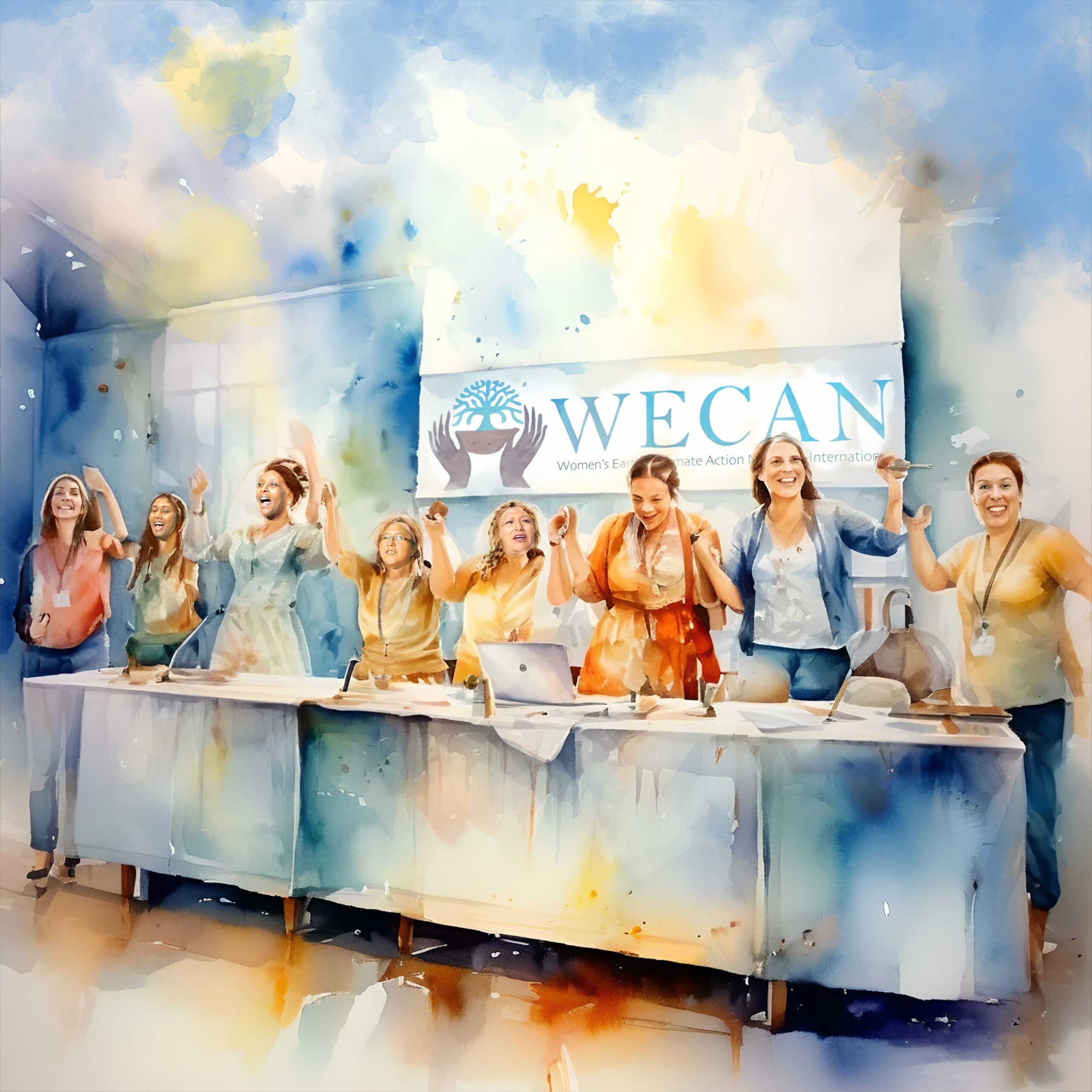
WECAN emphasized the need for a long-term, diverse, decentralized approach to climate justice. Advocacy work ranged from reforestation to resisting fossil fuel expansion, fighting for Indigenous rights to fighting for the rights of nature, developing food security programs to advocating for feminist climate policies.
Osprey’s challenges largely stemmed from the lack of understanding of why the link between women and climate was essential. But her victories spoke volumes.
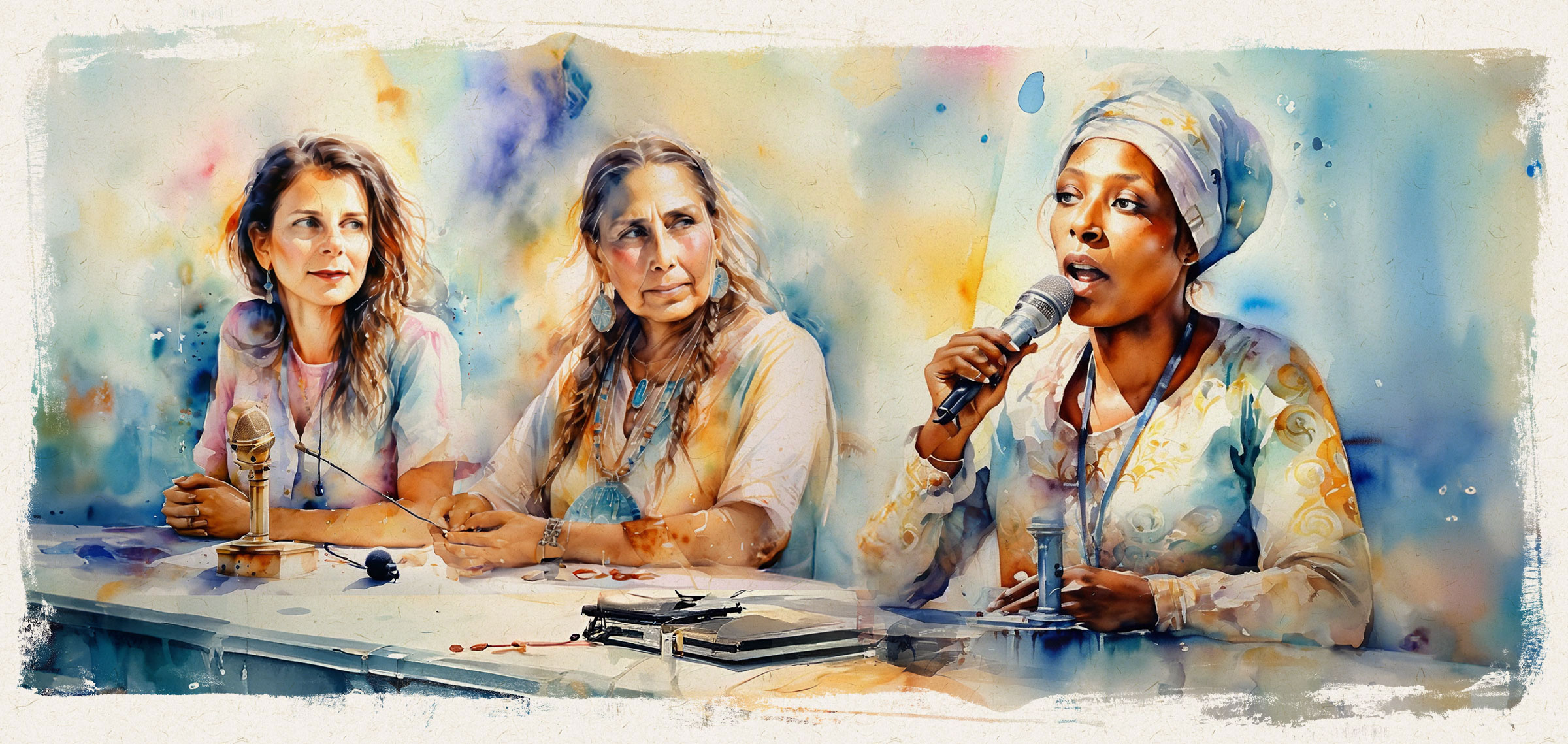
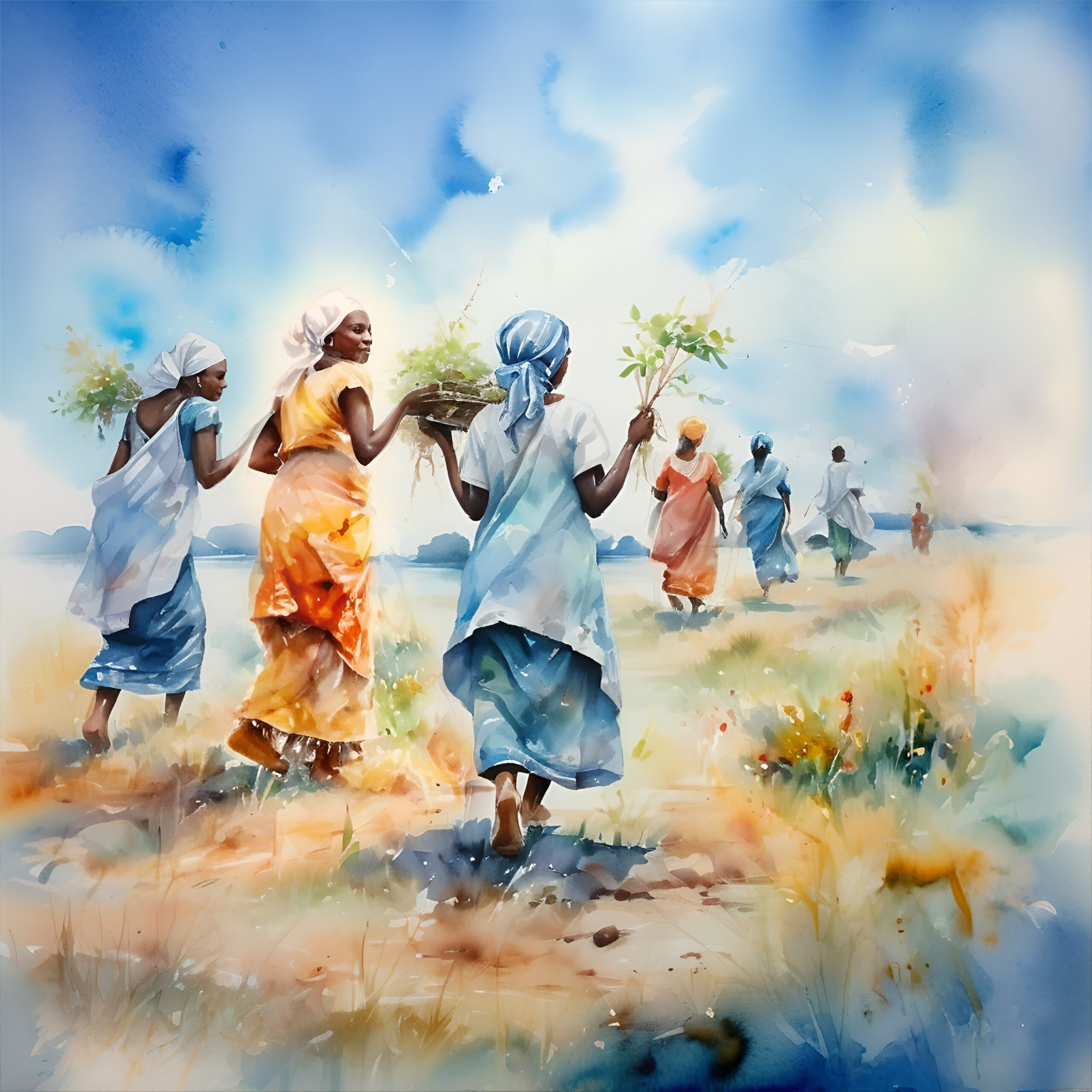
WECAN, in partnership with Neema Namadamu, worked with 500 rural women in the Democratic Republic of Congo to protect and regenerate the Itwombe rainforest. Twenty-five per cent of the trees planted were allocated for human use, and 75 per cent for rewilding the damaged land. And since women led this effort, they gained higher status in their communities. The project restored vital ecosystems while addressing detrimental patriarchal and colonial systems.
Further, WECAN organized delegations of Tlingit women to meet with US lawmakers in a campaign to protect the Tongass National Forest in Alaska, one of the last remaining intact temperate rainforests in the world and home to the Tlingit, Haida, and Tsmishian peoples. This led to the protection of over 9 million acres of the Tongass National Forest through the reinstatement of the Roadless Rule. WECAN continues to support Indigenous women leaders in campaigning for co-management of this rainforest.
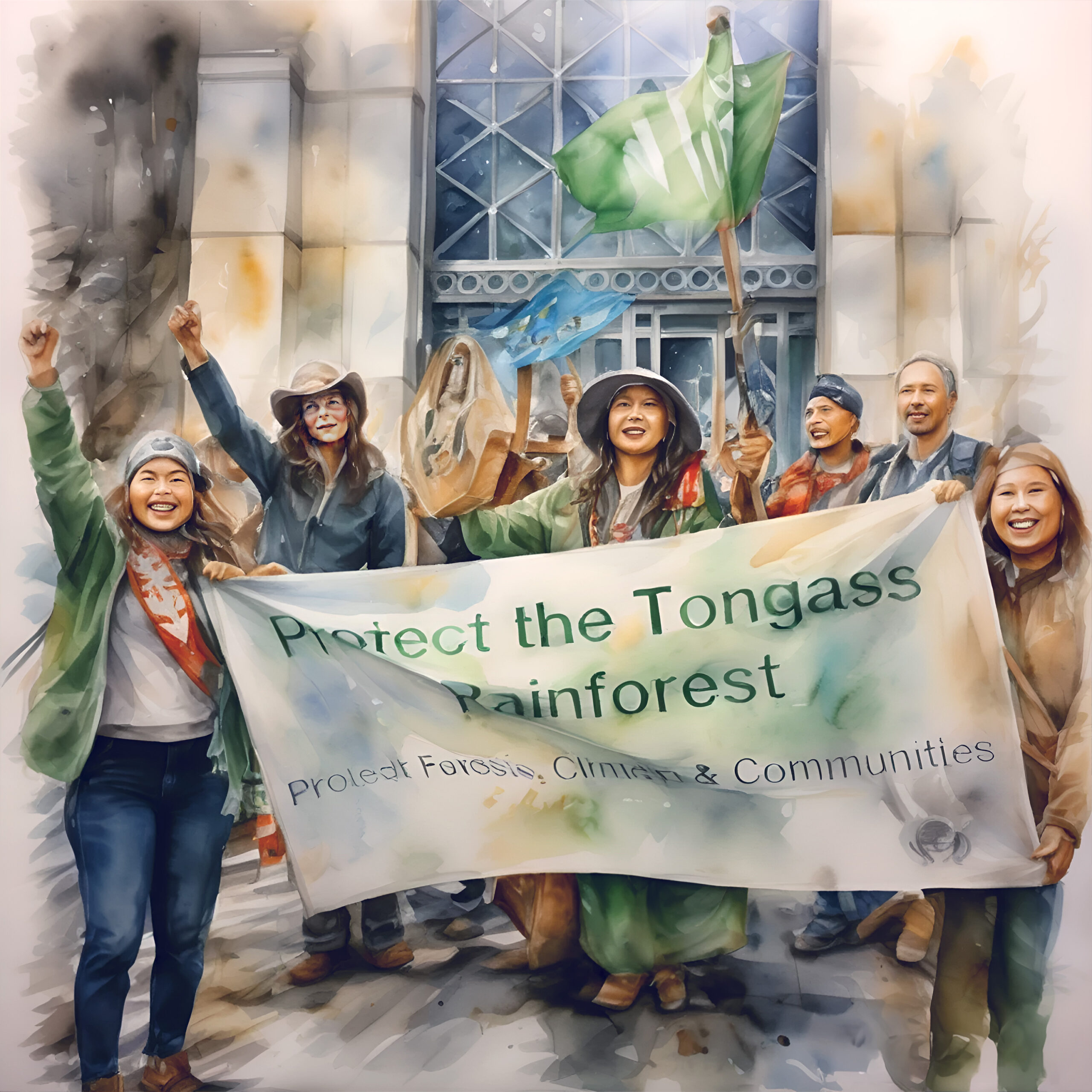
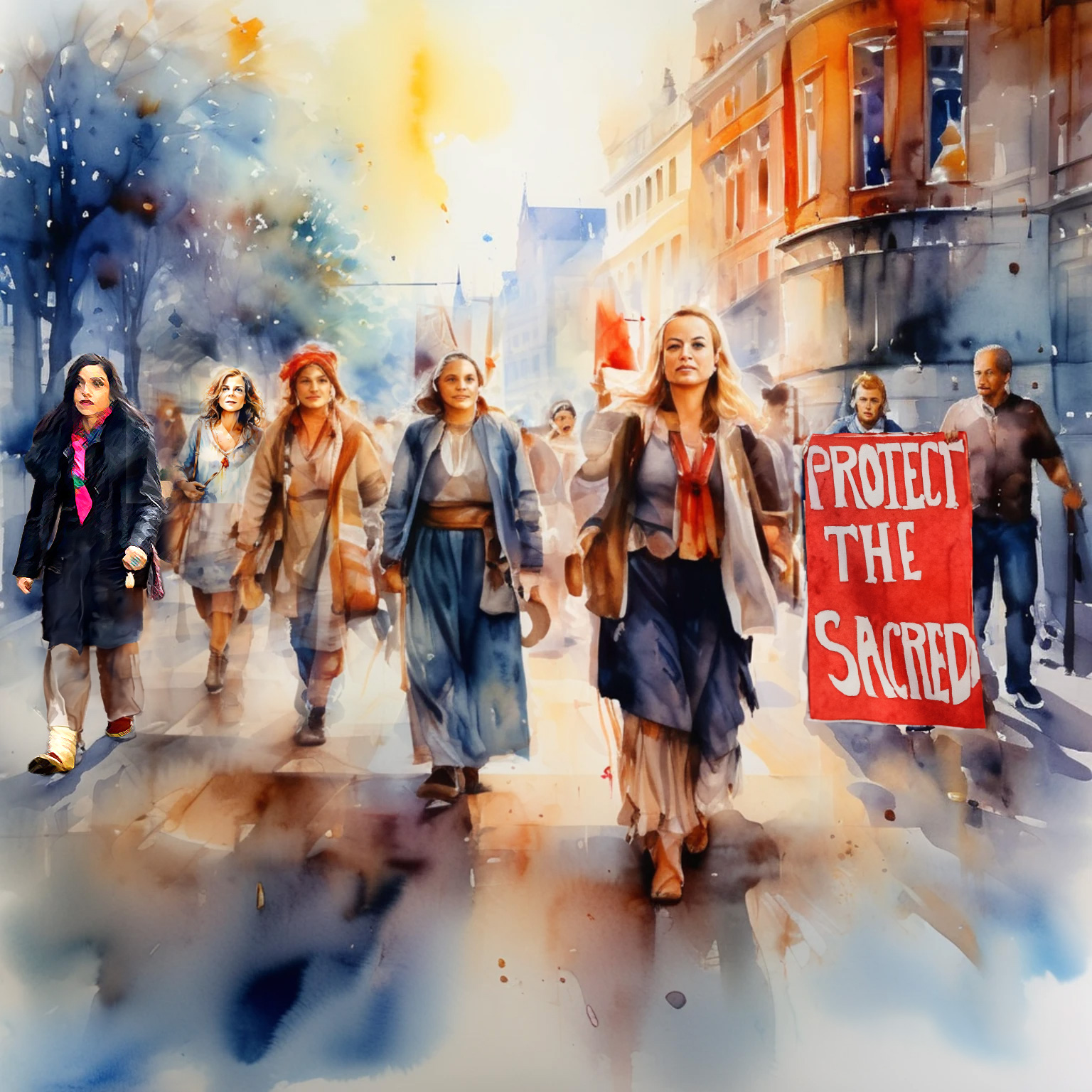
The success of these projects demonstrated what happens when women are given agency to do the work in their communities. WECAN remains steadfast in its mission to support the growing power of women and Indigenous Peoples to fight for a better future for all generations.

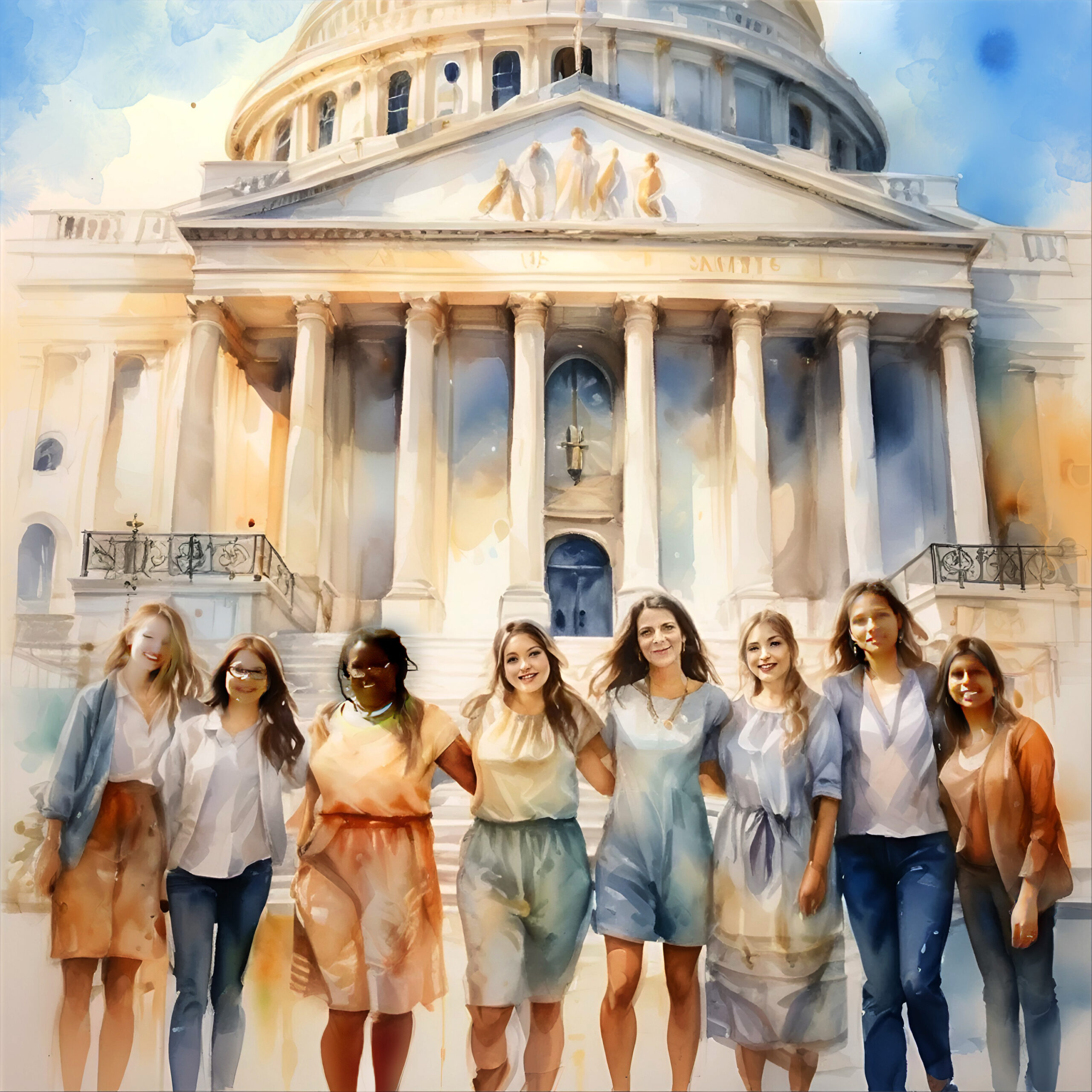
According to the United Nations, Green House gas concentrations are at their highest levels in 2 million years and continue to rise primarily due to human activities such as burning of fossil fuels and deforestation. As a result, the earth’s climate is undergoing significant changes such as changing weather patterns and rising sea levels. If these patterns persist, global temperatures could increase by as much as 4.4 degrees Celsius by the end of the century.
Conversely, a recent study has shown that a one-unit increase in a country’s score on the Women’s Political Empowerment Index leads to a 11.51 per cent decrease in the country’s carbon emissions. This underlines the fact that putting women at the helm can help combat climatic change.

Consider these tips:
Personal
Navigating information on climate change can be challenging, but this is no time to be on the sidelines. We know from global scientists and frontline leaders from around the world that we are in this small window of time to take urgent action to avert the worst impacts of climate change. Amplify worldviews and stories of solutions that focus on global consciousness, respect, and restoration.
Consider delving into the pages of Osprey’s book: “The Story is in Our Bones: How Worldviews and Climate Justice Can Remake a World in Crisis.” It is a hopeful, a hopeful and engaging work providing an antidote to the prevailing despair surrounding climate change.
Community
Learn about local people who are already doing work and are bringing with them a systemic analysis to the climate crisis. It is especially important to connect with the Indigenous Peoples whose land you are on. Find out what campaigns they have and use your unique skill set to amplify their efforts.
Share Your Ideas
Share your ideas:
We would love to hear from you! Do you know any Indigenous cultures that emphasize working with nature to create a sustainable way of life? Please send your story to engage@daughtersforearth.org. You can support all Daughters by visiting our website and becoming part of the solution here.

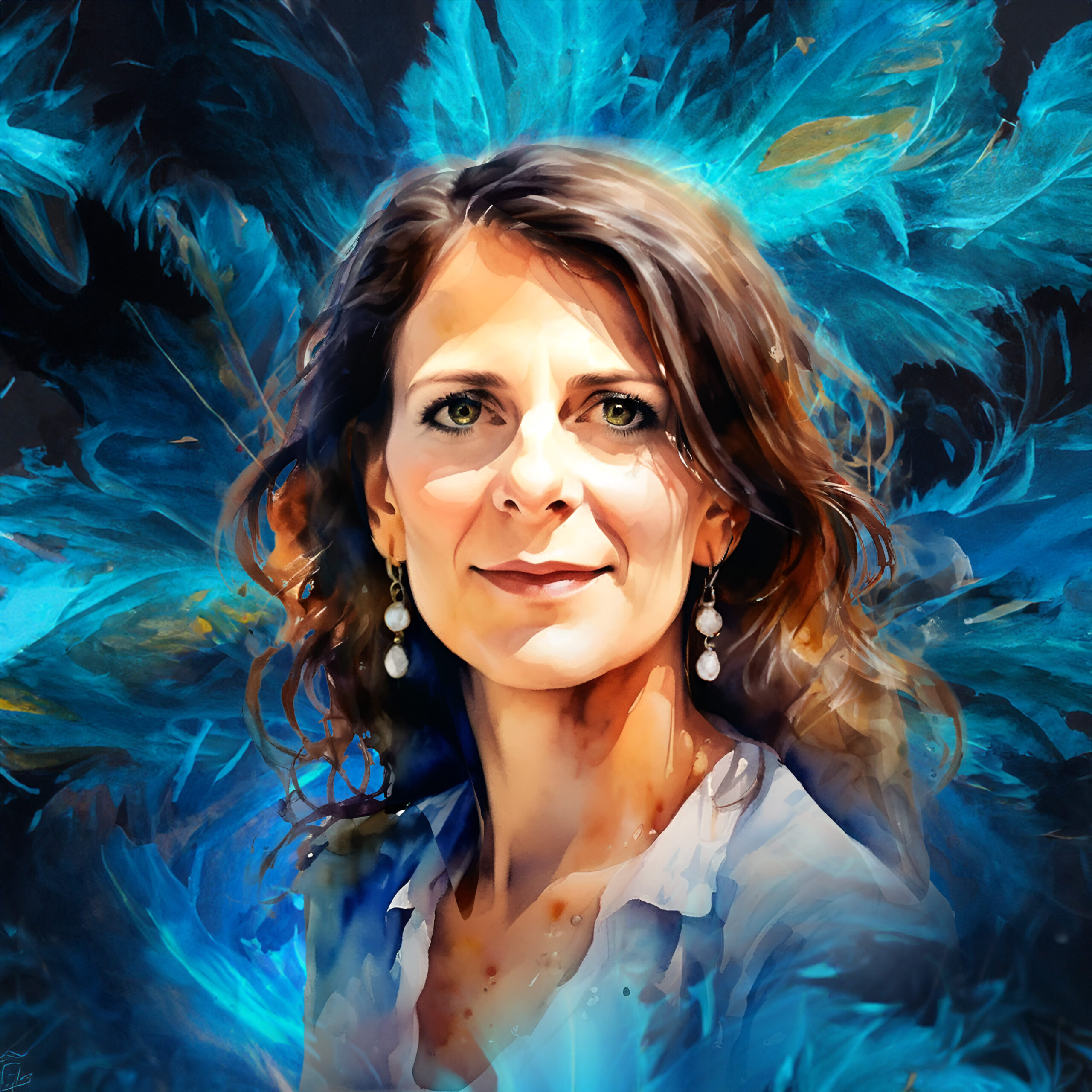

 Donate
Donate
